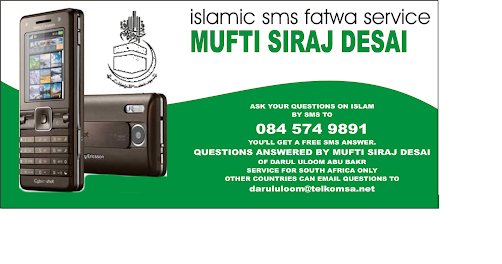11. The Thamud (TRIBE) rejected (their Prophet) through their rebellion.
12. When the most wicked among them went forth;
13. But the apostle of Allah said to them: "It is a She‑camel of Allah! and (bar her not from) her drink!"
14. Then they rejected him (as a false prophet) and they slayed her. So their Lord annihilated them on account of their crime and made the punishment equal to all.
15. And He (Allah) does not fear its consequences.
2. INTERPRETING THE HOLY QURAAN: A SERIOUS ANAMOLY
In recent times we’ve witnessed a steady increase in the number of modern organisations that encourage and promote self-interpretation of Quran and Hadith. This alarming trend is rooted in the concept of liberalism. People are exhorted to approach the Quran and Hadith with on open mind and free-thinking attitude. In an effort to propagate this ideology seminars and conferences are held throughout the world in which the main thrust is on a free-handed understanding of Quran and Hadith.











 In the Court of Rasulullah sallallahu alaihi wa sallam
In the Court of Rasulullah sallallahu alaihi wa sallam